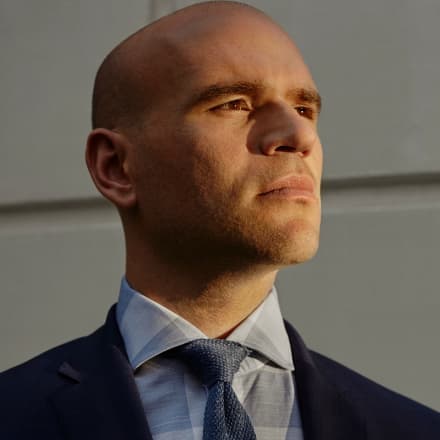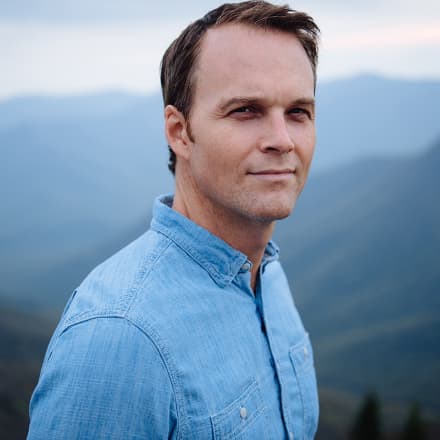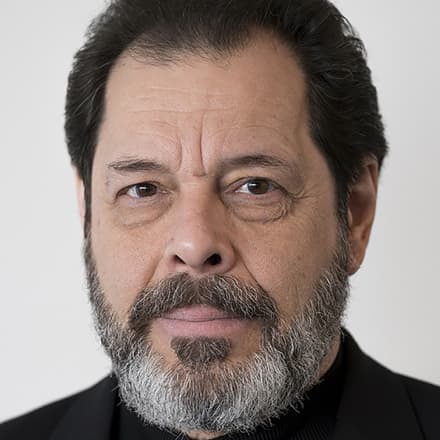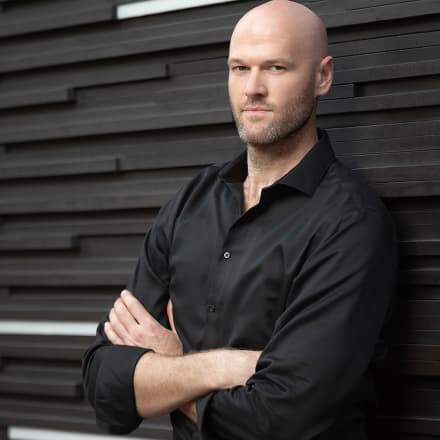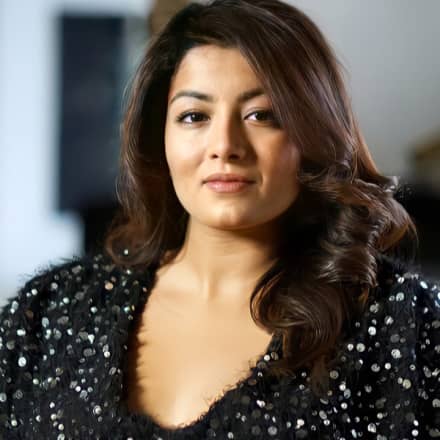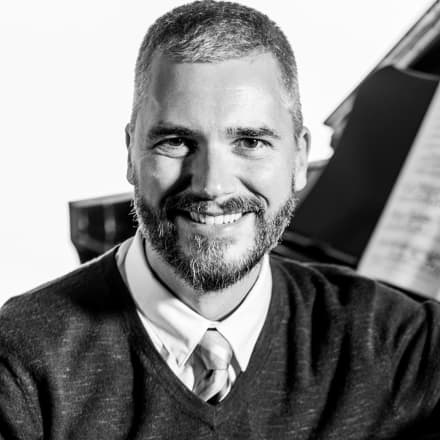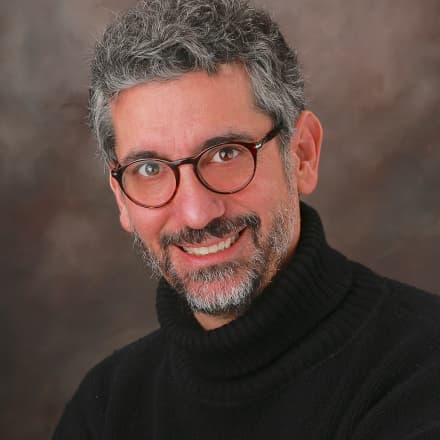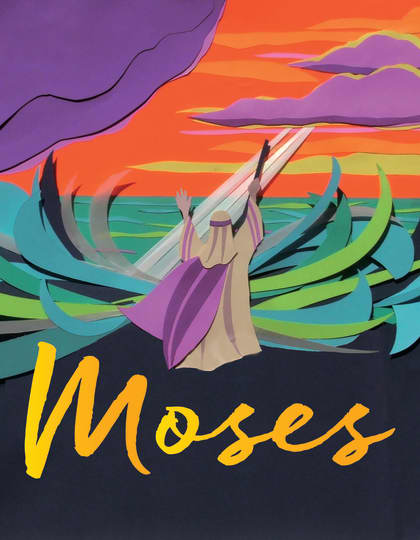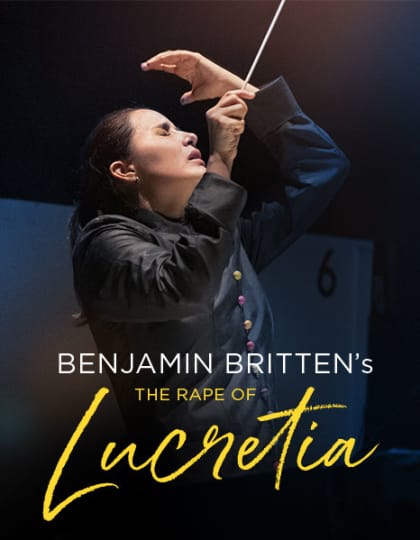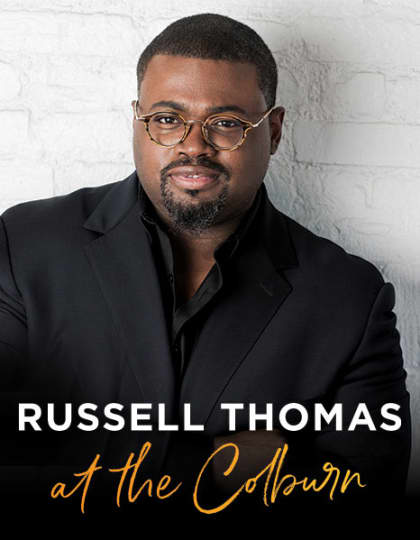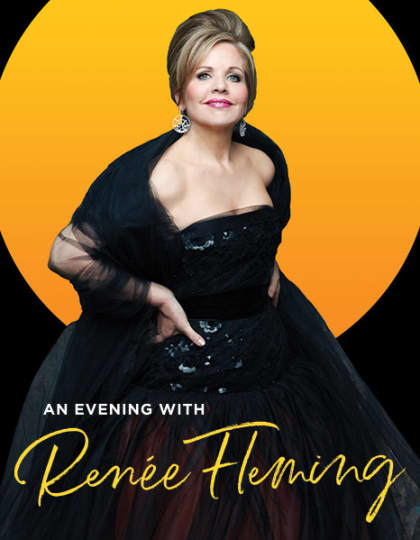Angel Blue stars in an enthralling tale of love, deception and corruption.
Floria Tosca, the famous opera singer, seems to have it all. Audiences cherish her artistry—and adore hearing about her tempestuous offstage romances. But as storms of repression and rebellion rage throughout Italy, the diva is forced to play a real-life role she never imagined.
Torn between devotion to her lover and the machinations of a treacherous sociopath who will do anything in his power to break her down, she’s trapped in an utterly impossible predicament, with fatal consequences for them all. But this prima donna isn’t going down without a fight.
The cast is led by four of the greatest artists of their generations. Soprano Angel Blue takes on the iconic role of Puccini’s glamorous but tough-as-nails heroine, with tenors Michael Fabiano and Gregory Kunde sharing the role of Mario Cavaradossi, the rebel who becomes the target of the most dangerous man in Rome. Bass-baritone Ryan McKinny is the evil Scarpia, who likes nothing more than seeing his victims suffer. The heart-pounding production is staged by the legendary director John Caird and led by the fast-rising young conductor Louis Lohraseb in his mainstage company debut.
Sung in Italian with English subtitles.
Get More with a Subscription Package
Subscribers receive the best prices, easy payment plans, free ticket exchanges and more exclusive perks. Full Season Packages start at $110 or Design-Your-Own package for as low as $50. Explore Subscription Packages
What do Audiences Think about Tosca? See Below:
Learn more about Angel Blue and her return to her hometown of Los Angeles in this LA Magazine article.
Angel Blue “pours her heart out… she sings magnificently. Sheer pleasure… a welcome refuge from the ordinary.”
Listen to the lovers' encounter in the first act of Tosca:
Cast
- Tosca
- Angel Blue
- Cavaradossi
- Michael Fabiano
- Cavaradossi (Dec 7-10)
- Gregory Kunde
- Scarpia
- Ryan McKinny
- Sacristan
- Philip Cokorinos
- Angelotti
- Wei Wu
- Spoletta
- Anthony León
- Sciarrone
- Zachary James
- Jailor
- Ryan Wolfe
- Shepherd
- Deepa Johnny
Creative Team
- Conductor
- Louis Lohraseb
- Director
- John Caird
- Scenery & Costumes
- Bunny Christie
- Lighting
- Duane Schuler
- Chorus Director
- Jeremy Frank
- Children's Chorus Director
- Fernando Malvar-Ruiz
Swipe for More
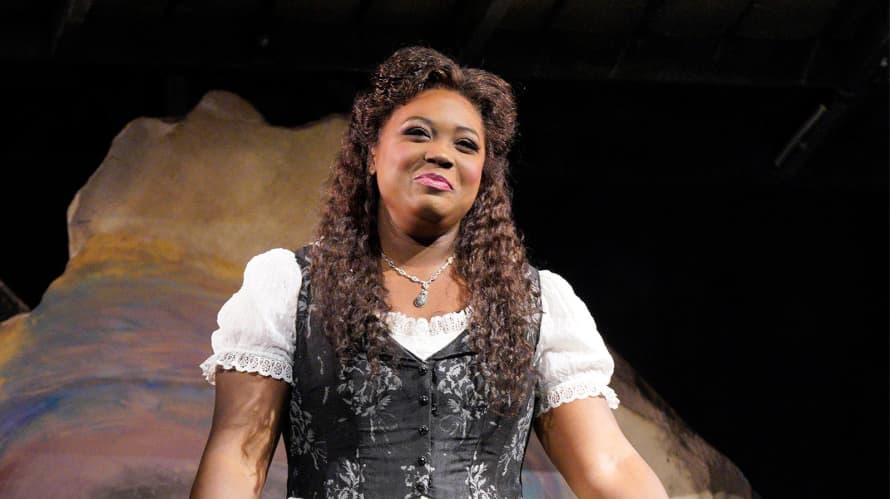
Angel Blue as Tosca
Cory WeaverSwipe for More
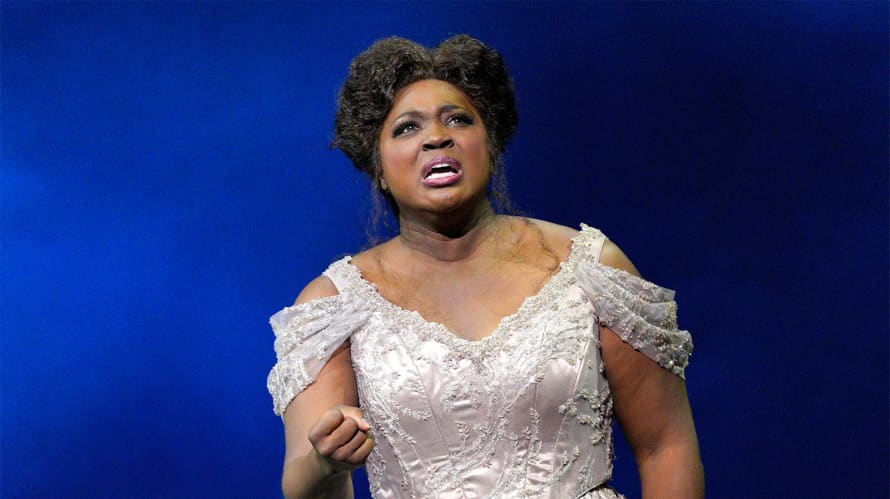
Angel Blue as Tosca
Cory WeaverSwipe for More
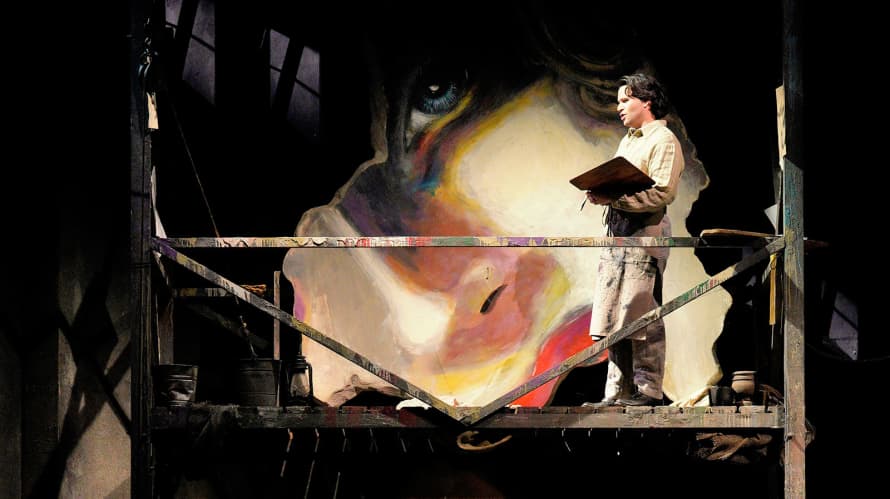
Michael Fabiano (top) as Cavaradossi, with Philip Cokorinos as the Sacristan
Cory WeaverSwipe for More

Michael Fabiano as Cavaradossi
Cory WeaverSwipe for More
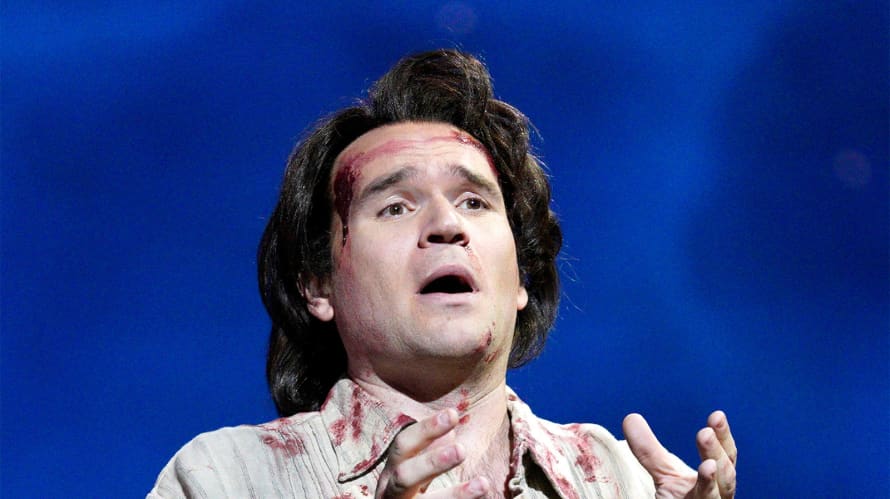
Michael Fabiano as Cavaradossi
Cory WeaverSwipe for More
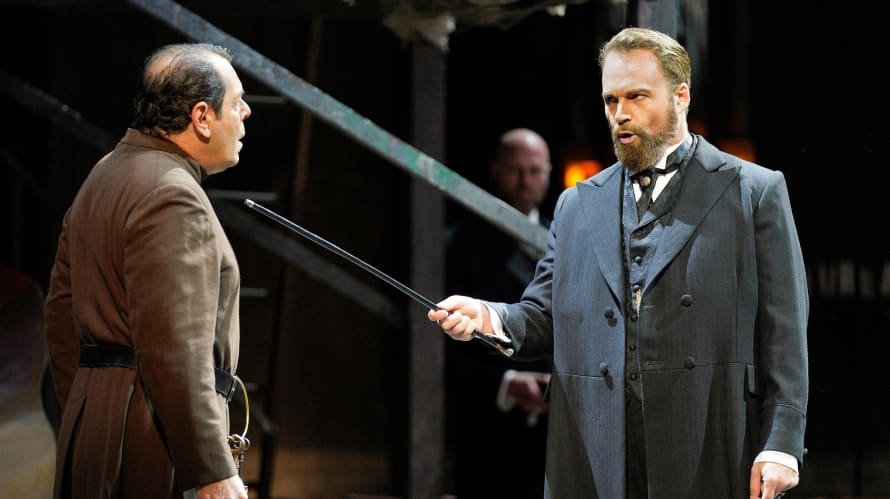
Ryan McKinny (right) as Scarpia, with Philip Cokorinos as the Sacristan
Cory WeaverSwipe for More
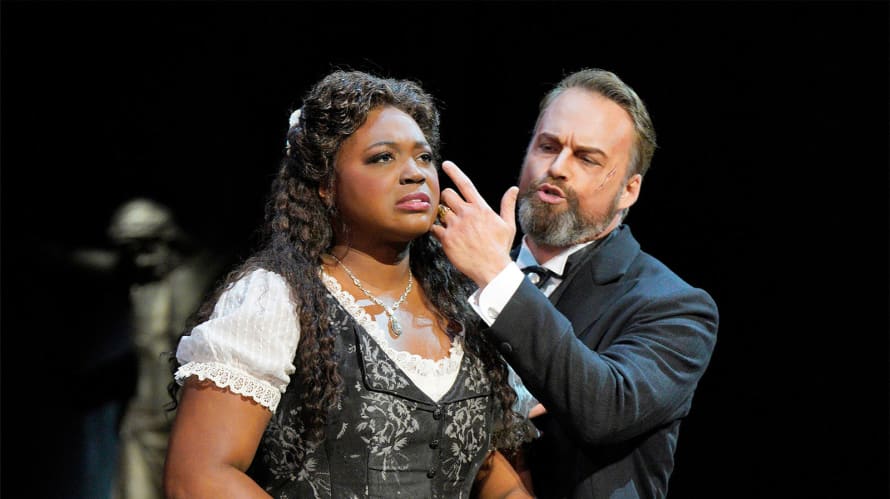
Angel Blue as Tosca and Ryan McKinny as Scarpia
Cory WeaverSwipe for More
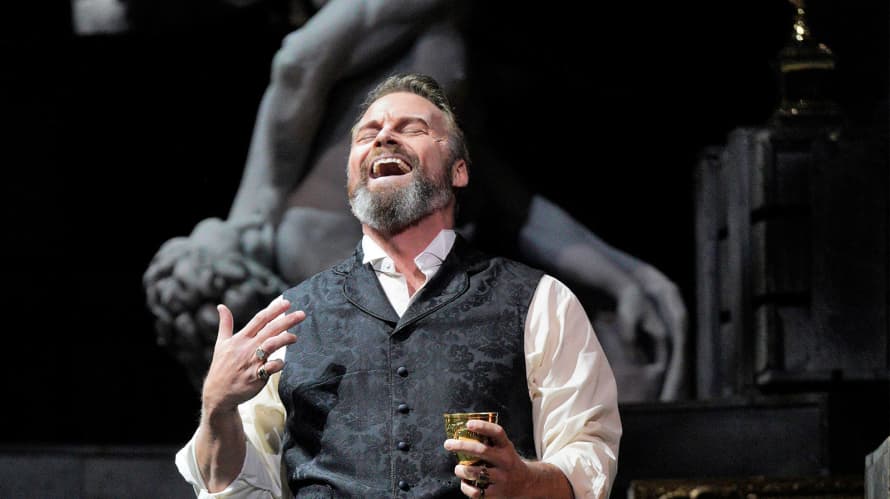
Ryan McKinny as Scarpia
Cory WeaverSwipe for More
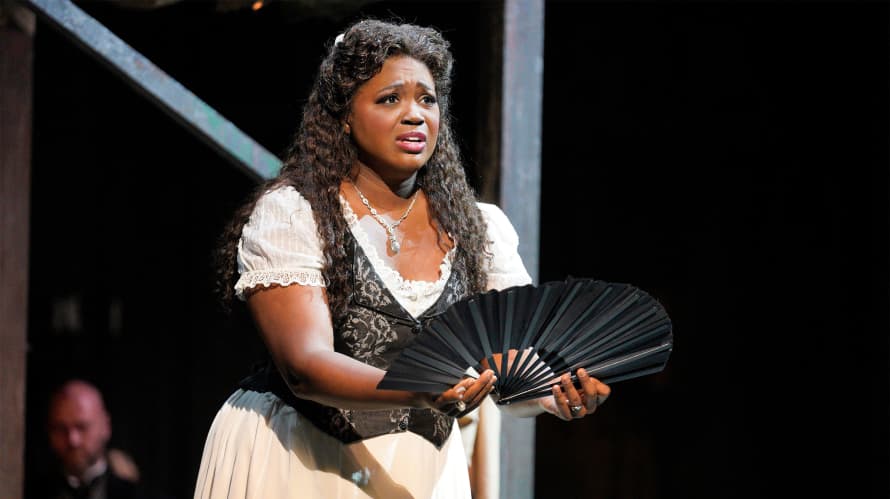
Angel Blue as Tosca
Cory WeaverSwipe for More
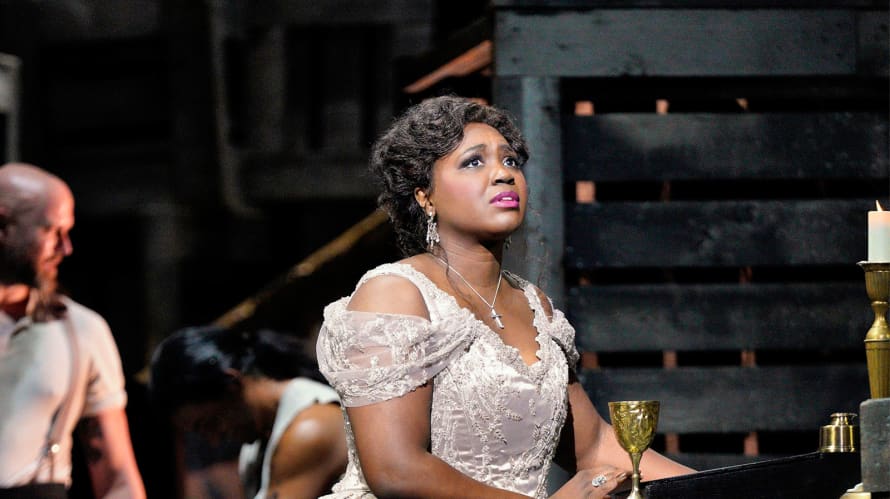
Angel Blue as Tosca (with Zachary James as Sciarrone)
Cory WeaverSwipe for More
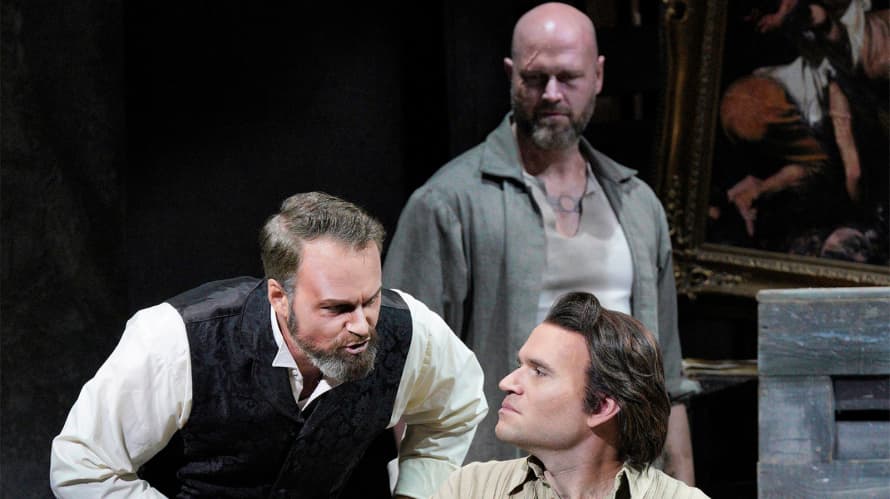
Ryan McKinny as Scarpia and Michael Fabiano as Cavaradossi, with Zachary James (rear) as Sciarrone
Cory WeaverSwipe for More
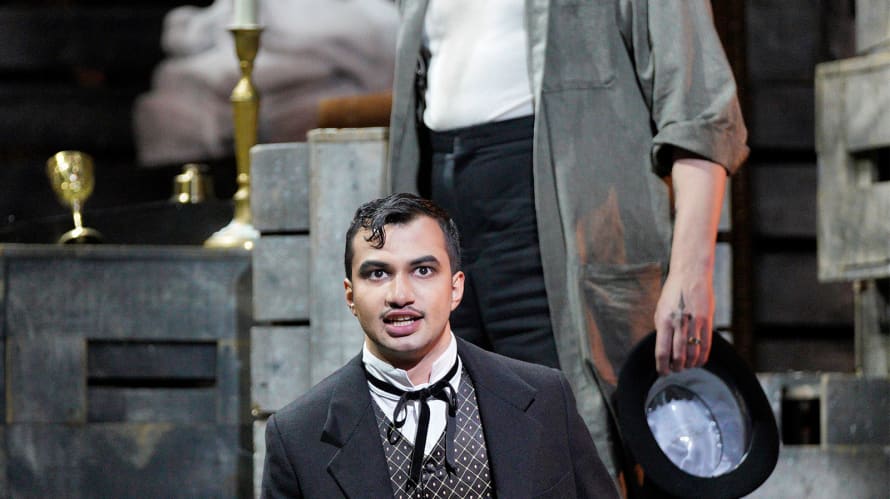
Anthony León as Spoletta and Zachary James as Sciarrone
Cory WeaverSwipe for More
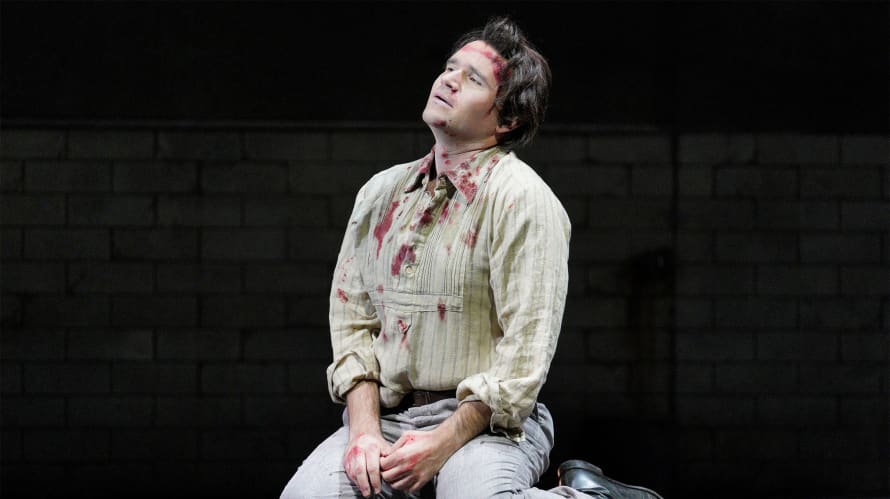
Michael Fabiano as Cavaradossi
Cory WeaverSwipe for More
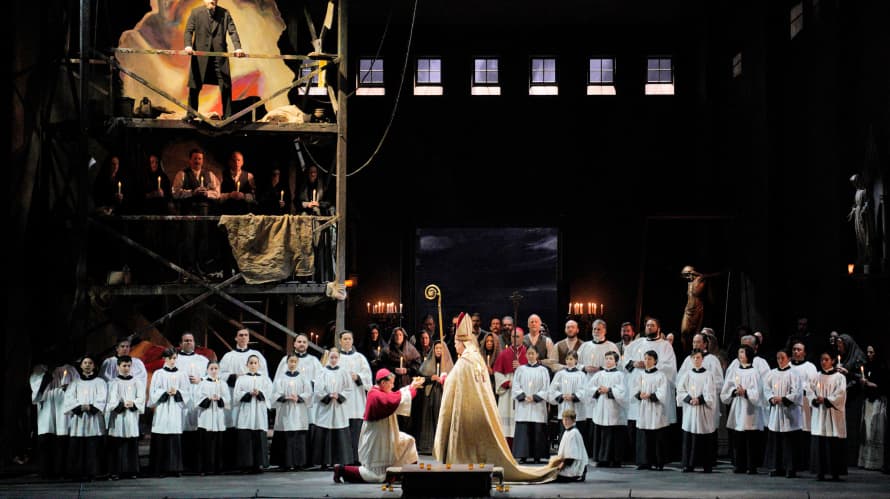
The Act One finale, with Ryan McKinny (upper left) as Scarpia
Cory WeaverSwipe for More
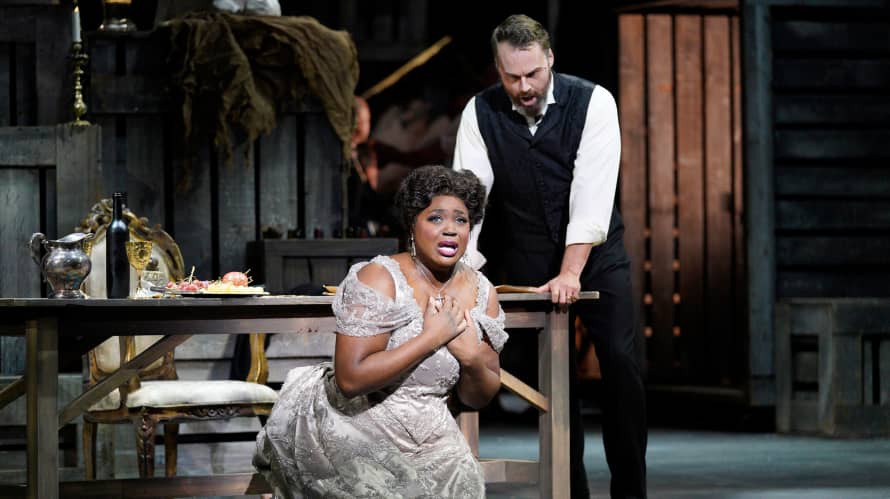
Angel Blue as Tosca and Ryan McKinny as Scarpia
Cory WeaverSwipe for More
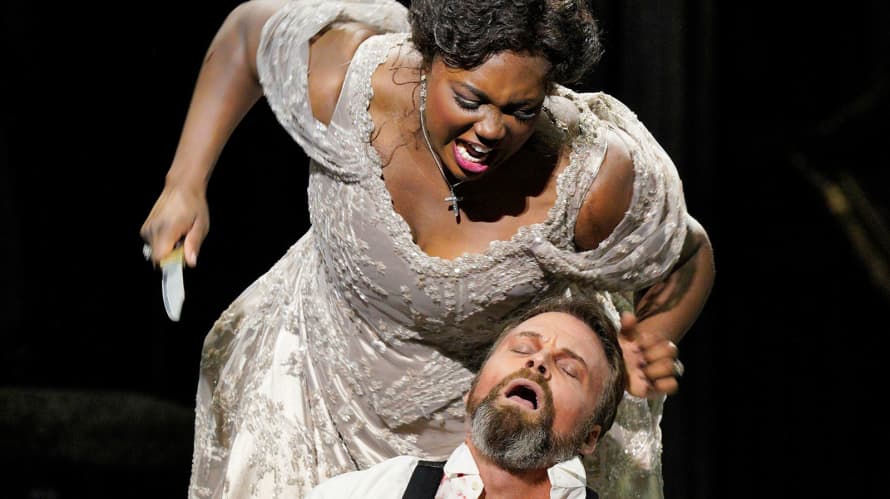
Angel Blue as Tosca and Ryan McKinny as Scarpia
Cory WeaverSwipe for More
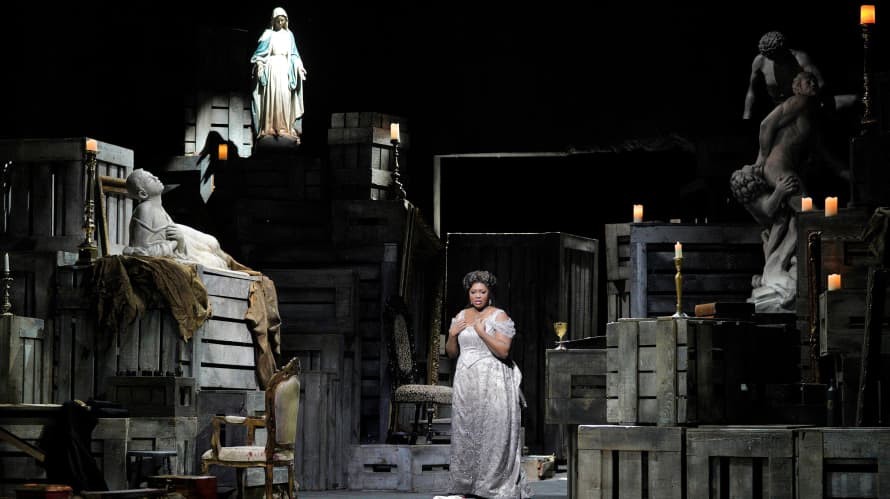
Angel Blue as Tosca and Ryan McKinny as Scarpia
Cory WeaverSwipe for More
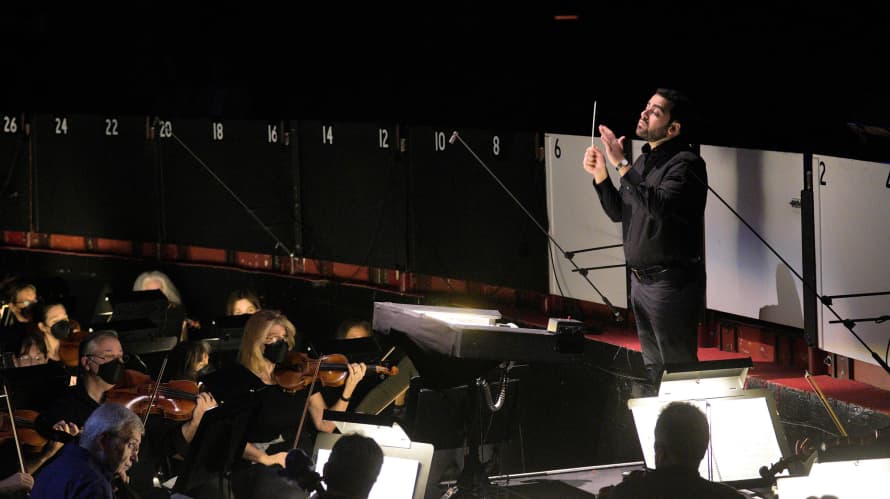
Louis Lohraseb conducting the LA Opera Orchestra
Cory Weaver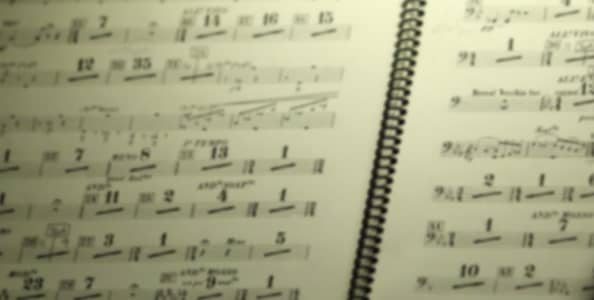
Read the synopsis
Sung in Italian with English subtitles.
The estimated running time is two hours and 40 minutes, including two intermissions.
One hour before each performance, learn more about the opera with Dr. Kristi Brown-Montesano, Chair of Music History at the Colburn Conservatory of Music and a LA Opera Connects affiliated scholar. Pre-show talks are complimentary for all ticket holders and held on the second floor of the Dorothy Chandler Pavilion in Stern Grand Hall.
Click here to watch Music Director James Conlon's in-depth discussion of Tosca and click here to read his essay on Tosca.
Click here to read the digital program.
Tosca is a co-production of the Houston Grand Opera and the Lyric Opera of Chicago.
Single Tickets Now on Sale
View Dates, Pricing and More-
GET ACCESS {{ performance.display_time }}AvailableOnline{{ performance.display_day }}{{ performance.display_month_clean }} {{ performance.display_date }}



